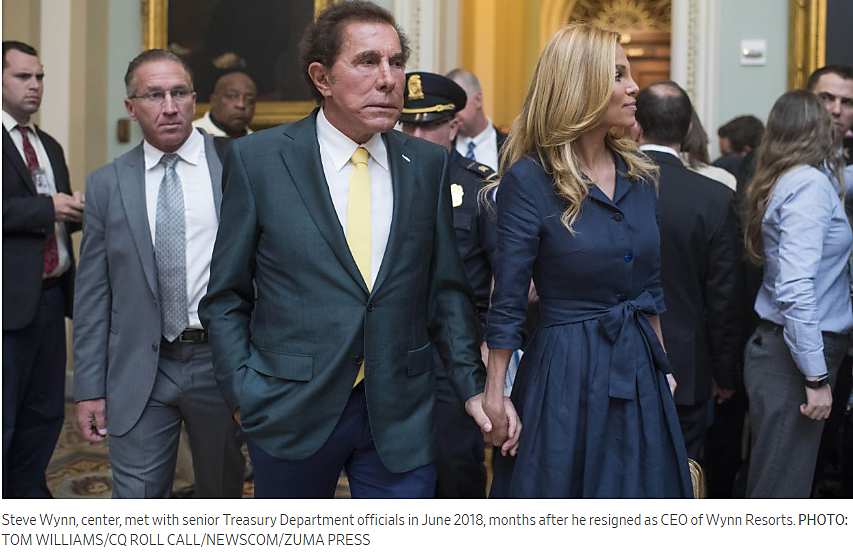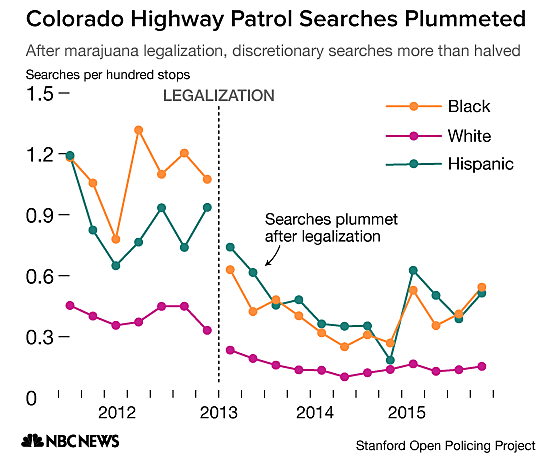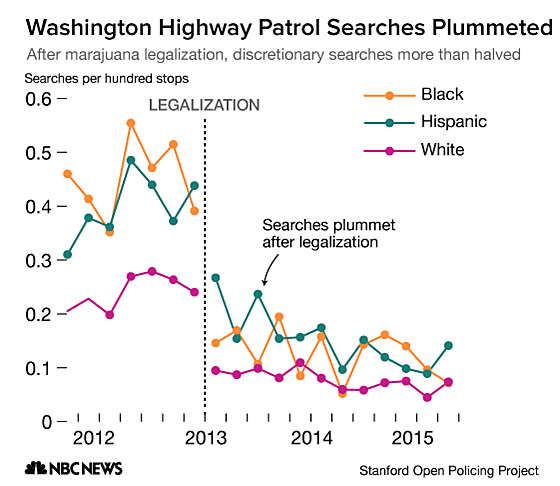In the late 1970s, Congress passed the Wright Amendment to encourage the development of Dallas/Fort Worth Airport by restricting a nearby airport, Love Field, to servicing final destinations only in Texas and four contiguous states. Over time, pressure began mounting to “Free Love Field” and allow more interstate air travel. Love Terminal Partners (“LTP”) owned a lease of 26.8 acres of Love Field that gave it access to the runways and the ability to offer air passenger service. In 2000, LTP built a six-gate terminal on its acreage near Lemmon Avenue. Although it could not operate profitably due to the Wright Amendment, LTP invested tens of millions of dollars in this terminal on the reasonable view that that the restrictions would eventually be lifted and cause the terminal’s value to increase significantly.
But in 2006, five interested parties—Dallas (which owned Love Field), Fort Worth, Southwest Airlines, American Airlines, and the Dallas-Fort Worth Airport Authority—joined with the federal government to rewrite the Wright Amendment and wipe out LTP as a viable competitor. Under their “Five Party Agreement,” the parties sought to reduce the total number of gates at Love Field, six of which would be removed from the Lemmon Avenue terminal. Dallas also agreed to acquire and demolish LTP’s terminal. This arrangement was codified in federal law through the Wright Amendment Reform Act (“WARA”), after which LTP stopped paying rent and the City of Dallas evicted the company and demolished its terminal.
LTP brought a takings claim against the United States in the Court of Federal Claims, alleging that WARA resulted in a regulatory taking of its valuable property rights and a physical taking of the Lemmon Avenue terminal. The court found that Dallas’s acquisition and demolition of the Lemmon Avenue terminal constituted a physical taking under the Fifth Amendment. Moreover, it found a regulatory taking under both the Lucas and Penn Central tests—derived from cases in 1991 and 1978, respectively—because WARA limited LTP’s use of its lease such that it rendered it without economic value. The court awarded LTP $133.5 million in just compensation for these takings. The U.S. Court of Appeals for the Federal Circuit reversed that decision, finding that the gates had no economic value before the passage of WARA and thus had lost no value after they were shut down. The court insisted that no compensation was required because LTP could not prove that the gates had any market value before their destruction, even though the lower court found that LTP’s long-term lease was valuable given that the Wright Amendment restrictions on Love Field were unsustainable.
LTP is now petitioning the Supreme Court to review the Federal Circuit’s misguided decision. Cato has joined the National Federation of Independent Business and four other organizations on an amicus brief in support of LTP. We argue that the Court should clarify that courts should consider a property’s prospective economic value when evaluating the just compensation due from regulatory takings.



